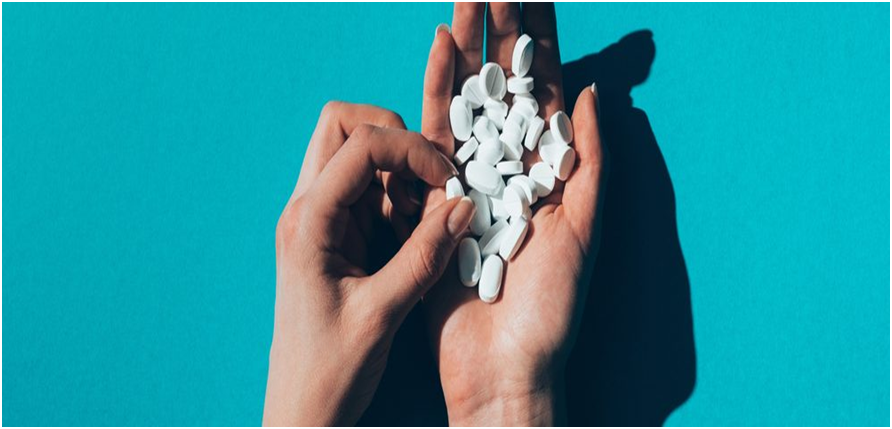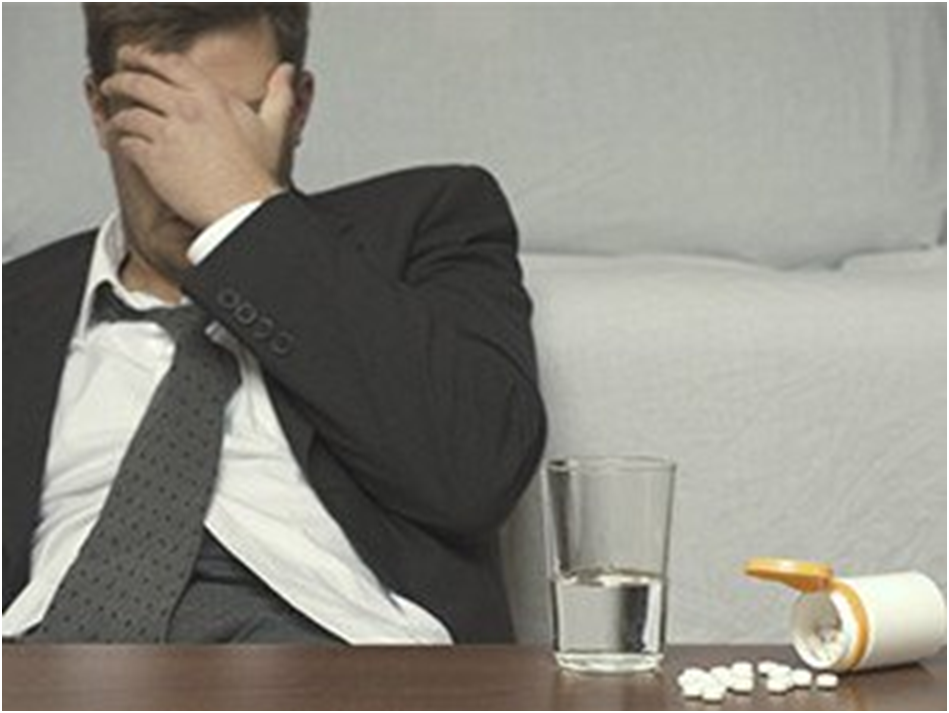
You may have tried using Suboxone to reduce anxiety. Word around town says that Suboxone treatment could help addicts get better. Does it help you heal or delays the effects of addiction? If you are listening to such statements from your peers, you may be in for a rude awakening.
Those who use Suboxone to help them fight depression, report that their moods change with a dose of the drug. Scientists have gone ahead to indicate that this substance works as a partial agonist that boost the production of serotonin and dopamine which are responsible for improving your moods. Even with this backup, there is no telling if the drug will make your depression go away or if it will make it worse in future. We will discuss why it is not advisable to take Suboxone when depressed and better alternatives to help you with such mental conditions.
Why you should not use Suboxone while depressed
Strength
Taking high dosage of the drug may be too intense for your body. Not everybody can handle the concentration of the components that make up Suboxone. You may end up feeling “too good” instead of calming down. High doses of the drug cause euphoria leaving you confused while you try to fight depression. Such feelings are unhealthy because they may cause unexpected outbursts in people.
Dependency
When you take Suboxone as your way of fighting anxiety, your brain gets used to producing high amounts of dopamine than usual. Your brain starts craving for more doses every time you get low so that you can feel better. Feeding your brain more of the drug makes you dependent on it such that withdrawing causes harsh symptoms.
Withdrawal

Scientists have shown that even if Suboxone may have positives, withdrawing from the drug is harder than other drugs. Some people who are in Suboxone rehab find it extremely difficult to get off this substance. Detoxing from drugs such as opiates may take you at least two weeks. Suboxone detox, on the other hand, may take you months of severe pain before your body can start adjusting to the change. This shows that using it to help your depression will only make you suffer both physically and mentally.
Side effects
Your depression may become worse with long-term use of Suboxone. You may experience worse side effects that make you more depressed than you may have been initially. This includes anxiety, panic attacks, excessive sweating at night, fatigue, demotivation, and psychosis. People who have tried this drug confess that the depression goes away for some few days and then worsens. Some end up developing suicidal thoughts when they realize that the drug is not working.
What causes such side effects?

Taking Suboxone makes the kappa receptor in your brain hyperactive. This condition can last for months or even years in some people causing your depression to worsen with every dose of the drug. It is the reason behind high cases of relapse from Suboxone. Some people end up staying addicted to the drug for a lifetime even when their depression continues to elevate.
How do you cope with depression while on the Suboxone?

Making the situation worse does not have to define you. You have to implement specific strategies to deal with this situation. Instead of using more doses of Suboxone to help you relieve your stress, you should participate in positive habits that make you relax. Such strategies can include:
Physical activity
Nature has a way of calming people down. Ensure that you take walks at least once or twice in a day, enjoying the beauty of nature. You can also go hiking regularly to distract yourself from what stresses you out. Working out will also calm you down as you purpose to stay clean with the help of a supportive Suboxone clinic.
Hobbies
Find a hobby that makes you relax so that you can see the beauty of life and avoid negative thoughts. Whether it is writing or drawing that excites you, do it often to calm your mind because enjoying your passion is a step to recovery.
Adapting
Get used to withdrawal symptoms and understand that they are a step to help change the bad moods to positive feelings. Develop a positive perception towards treatment without looking down on yourself.
Treatment
Therapy

Being depressed is a mental condition that can be treated through therapy. Suboxone clinics offer various types of treatment to help you heal both conditions. Such treatment also enables you to fight your cravings for Suboxone as you address your psychological issues.
Since the level and causes of depression vary with individuals, the therapeutic support that you may need may be different from another person’s. Holistic therapy, for instance, through yoga and meditation is essential when fighting trauma that causes depression.
Evaluation and assessment
An experienced professional evaluates you to understand the causes of depression that may have led to Suboxone abuse. This assessment is essential to help you deal with any personal experiences in your life that caused depression to help you overcome it.
Medication
After evaluation, your doctor will recommend approved antidepressants to help you fight depression. Medication such as Vivitrol is prescribed to reduce the effects of Suboxone on your body so that you stop being dependent on the substance. Your doctor will create a treatment plan for you to follow depending on the withdrawal symptoms.
Final thoughts
Suboxone is not approved as an antidepressant. The reason why you may feel less depressed the first days of using the drug is that your brain is no longer getting intoxicated with opiates. Taking Suboxone when you are addicted to opioids also changes the life circumstances making you feel less depressed for some few days. This does not mean that it cures your depression because as you continue using it, you get deeper into recession.
This condition does not have to weigh you down any longer. Start coping with the situation by exercising and doing what you love. Treatment such as therapy, medicines and support groups will keep you motivated as you safely break Suboxone abuse. Remember that Suboxone does not work for everybody.























